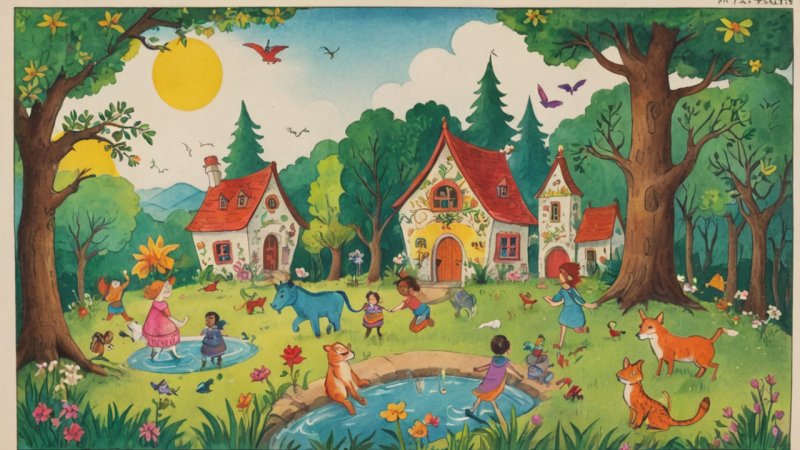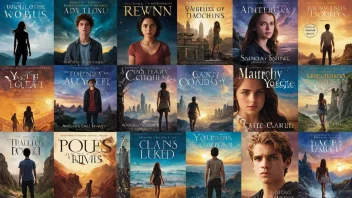1. Visual Engagement
Illustrations serve as a critical tool for engaging young readers. A well-crafted image captures attention and ignites curiosity, encouraging children to explore the story further.
2. Enhancing Comprehension
Illustrations can help bridge the gap between text and understanding. They provide visual context that aids in comprehension, especially for complex narratives.
3. Stimulating Imagination
Images in children's books allow for creativity and imagination. They provide a visual representation of characters and settings, but also leave room for children to envision their own interpretations.
4. Emotional Connection
Illustrations can evoke emotions and help children connect with characters. Expressive faces and vivid scenes can draw readers into the emotional landscape of the story.
5. Building Vocabulary
Visuals can support language development by providing context clues for unfamiliar words, making it easier for children to learn and use new vocabulary.
6. Encouraging Discussion
Illustrated books often prompt discussions among parents and children. Images can serve as conversation starters, allowing children to articulate their thoughts and feelings about the story.
7. Supporting Diverse Narratives
Illustrations can highlight cultural diversity and representation, offering children a broader view of the world and promoting inclusivity through varied characters and settings.
8. Creating Memorable Experiences
Illustrations can transform a reading session into a memorable experience. Vibrant images create lasting impressions, making stories more impactful and enjoyable.
9. Fostering a Love for Reading
When stories are paired with captivating illustrations, they can foster a love for reading. Children are more likely to return to books that enchant them visually.
10. Encouraging Literacy Skills
Illustrations can aid in developing literacy skills. They can help children follow the narrative flow and sequence of events, enhancing their storytelling abilities.
Conclusion: The impact of illustrations in children's storytelling is profound. They engage, enhance comprehension, stimulate imagination, and foster emotional connections. As we encourage young readers to explore the world of literature, we must recognize the importance of visuals in shaping their experiences and nurturing a lifelong love for reading.






